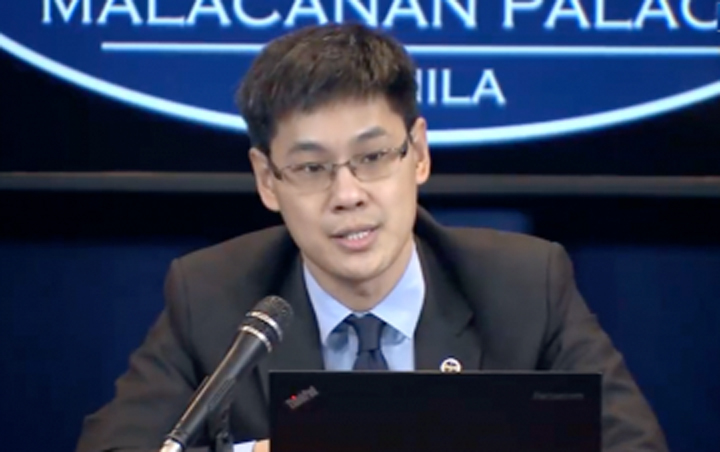
The Philippines is preparing to import fish to plug supply gaps as the fishing season comes to a close, according to the President’s economic team.
On Tuesday, Socioeconomic Planning Secretary Karl Kendrick T. Chua said the government is preparing to issue certificates of necessity to import (CNI) to cover the supply gap with the closing of the fishing season.
By issuing CNIs, Chua said the government could be able to keep inflation at bay. In July, data from the Philippine Statistics Authority (PSA) showed fish prices increased 9.3 percent, higher than the 8.7 percent posted in June.
“The government will also proactively ensure that fish prices do not rise further as supply narrows in the upcoming close fishing season starting October. The Department of Agriculture is preparing to issue certificates of necessity to import [CNI] to cover the supply gap,” Chua, quoting the joint statement of the economic team, said on Tuesday.
However, government sources told the BusinessMirror that discussions are still ongoing within the DA regarding the issuance of CNIs.
The DA has been allowing the importation of fish in recent years during closed fishing season to augment domestic supply and avert price spikes.
Apart from the CNI, Chua said, the government is providing emergency subsidies to enable Filipinos to cope with the heightened quarantine restrictions.
Chua said these, together with efforts to increase the minimum access volume and lower tariffs of pork imports, are helping keep commodity prices.
He added that the government also reduced the most-favored nation tariff rate of rice outside Asean. This has helped keep rice, the country’s food staple, affordable.
Chua noted that in July, rice prices contracted 1 percent. PSA data showed that meat prices increased 16 percent in July, slower than the 19.2-percent increase posted in June.
“To help the people cope with the heightened quarantine, the government is providing emergency subsidies in ECQ [enhanced community quarantine] areas. Moreover, the government is working to ensure stable and affordable food prices,” Chua said.
Last week, in a presentation before the House of Representatives Committee on Health, National Economic and Development Authority (Neda) Undersecretary for the Regional Development Group Mercedita A. Sombilla shared the impact of the community quarantines on the economy.
Based on Neda estimates as of August 2, every week in ECQ would cost the economy P144.260 billion, leading to a reduction of economic growth by 0.8 percentage points this year.
She added that the ECQ would lead to an increase in the number of poor Filipinos from 161,000 to 242,000 per week. This will also render some 607,000 Filipinos jobless per week.
Sombilla said between August 6 and 20, 35 percent of the economy will be placed under ECQ; 9 percent under modified ECQ (MECQ); general community quarantine (GCQ) with heightened restrictions (HR), 21 percent; GCQ with restrictions (WR), zero; GCQ, 14 percent; and modified GCQ (MGCQ), 21 percent.
Based on Neda estimates, Sombilla said, between August 6 and 20, some 7.25 million workers will be affected under the ECQ; 4.24 million in MECQ; 10.061 million in GCQ HR; zero in GCQ WR; 8.14 million in GCQ; and 12.269 million in MGCQ.
Earlier, the Neda estimated that placing Metro Manila under ECQ would cost the economy some P105 billion. Socioeconomic Planning Secretary Karl Kendrick T. Chua told reporters that this would also increase the ranks of the poor by up to 177,000 people and renders 444,000 Filipinos jobless.
However, Chua said the impact would be mitigated by cash assistance that the government will be providing for those who will be adversely affected by the lockdown.

